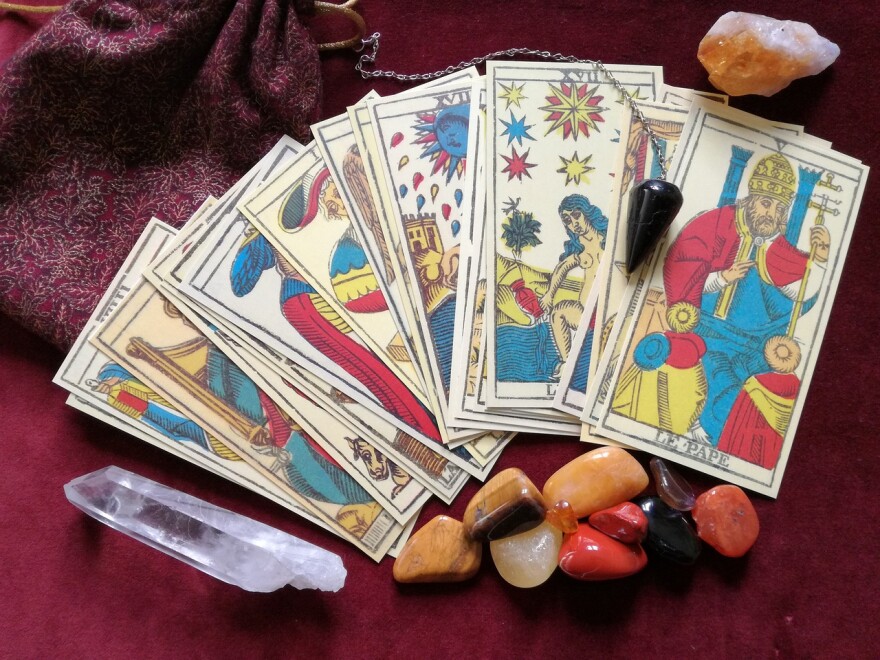The term "pseudoscience" describes practices, theories or beliefs which claim to be logical and based on empirical research, but lack significant scientific support.
Wide-ranging topics of alleged pseudoscientific nature include astrology, cryptozoology, hypnotherapy and homeopathic practices like magnetic therapy, acupuncture, biorhythms and other alternative or fringe medicine.
Pseudoscientific practices can be potentially fraudulent or dangerous. Some are marketed as a way to treat or even cure patients with serious medical diagnoses.
In San Antonio and other parts of the world, some customs like good luck charms and religious rituals are rooted in traditional culture over generations. How are these practices set apart from superstition?
What's behind the appeal of pseudoscience and how can people discern the difference between proven methods and fallacies?
Guests:
- Mark Gifford, lecturer in the Writing Core Program at the University of Texas at San Antonio
- Dennis Ugolini, chair of the Physics and Astronomy department at Trinity University
- Yuly Ortiz, manager of Papa Jim's Botanica
This is a community conversation and we want to hear from you. Leave a voicemail with your questions and comments in advance by calling 210-615-8982. During the live show (12-1 p.m.), call 210-614-8980, email thesource@tpr.org or tweet at @TPRSource.



